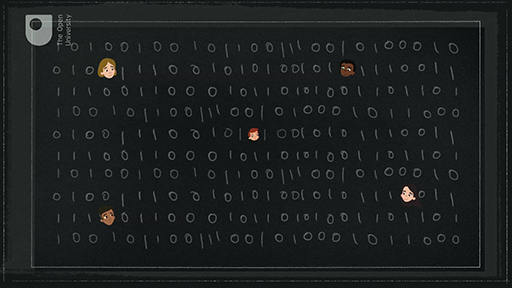Week 1: How different is a digital childhood?
Introduction
Childhood is a time of rapid change. Some of these changes are obvious, such as height gain, language ability and physical dexterity. Others are less obvious, such as how children make sense of the information in their environment. Social scientists try to understand every aspect of children’s development, including how children learn, think and interact with those around them, and how their personalities and temperaments emerge.
Watch the following video to get started.

Transcript
In the video you heard from Dr Nathalia Gjersoe, developmental psychologist at the University of Bath, with a research interest in children’s cognitive development (as well as a mum herself).
The other authors are Professor Natalia Kucirkova, who is a researcher in early literacy, with a specific focus on the role of new technologies, shared book reading and personalisation, and John Oates, Professor of Developmental Psychology in the Faculty of Wellbeing, Education and Language Studies at The Open University.
To understand how children change and develop, their abilities are often judged against developmental milestones, such as steps in acquiring language (babbling, talking), cognition (thinking, reasoning, problem solving), motor coordination (crawling, walking) and social skills (identity, friendships, attachments).
The main questions asked in this course are how does digital technology influence the acquisition of these important skills and how does technology affect children’s physical, social and cognitive development and learning?
Activity 1
What do you think? How might technology hinder children’s physical, social and cognitive development, and how might it provide exciting opportunities for learning?
Make a note of you thoughts at the start of this course. Use a notebook or digital notepad that you can refer back to at a later date.
